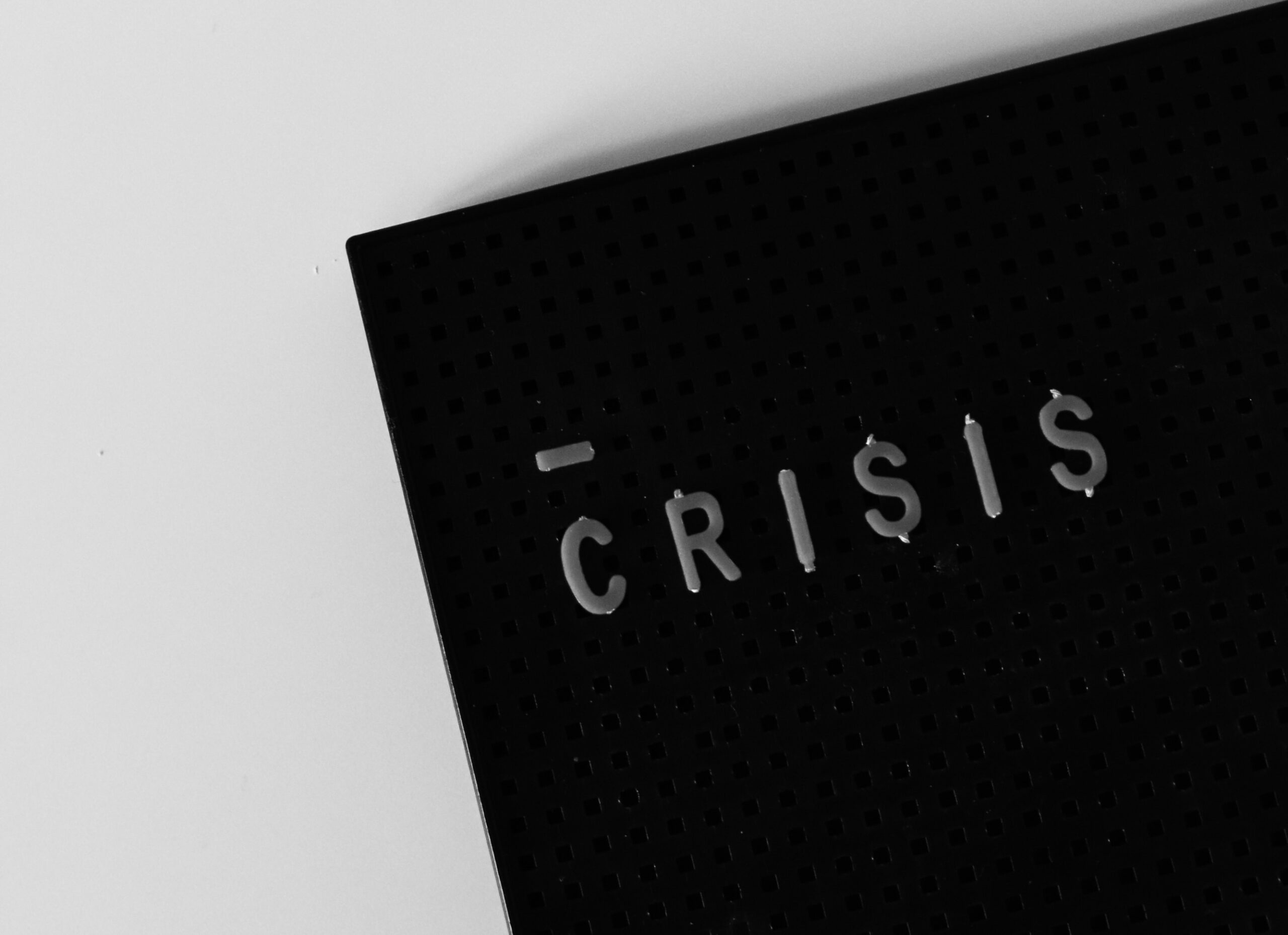My name is Angela. Three years ago, I made the decision to open my home and heart to a little boy, hoping to provide him with a haven from the turmoil of foster care. When the Department of Children’s Services (DCS) entrusted him to me, they warned me about his aggressive behavior towards his biological siblings. Yet, they remained silent about a critical piece of his puzzle: his diagnosis of Reactive Attachment Disorder, Disruptive Mood Disorder, and Psychosis.
Understanding RAD: A Hidden Challenge

Photo credit: Fighting for Answers
Reactive Attachment Disorder (RAD) is a serious condition, typically born from early trauma. Kids with RAD struggle to form secure emotional bonds, often leading to trust battles. Their exterior may radiate charm but within, unsettling traits lurk. Deception as well as manipulation and aggression and even self-harm are common. This doesn’t define them but rather reflects their disorder, making them potential threats to their surroundings. Their hazardous actions mirror lost trust and unformed bonds, the shadows of their pasts.
Behind the Mask: A Tale of Love, Hope and Disappointment
Photo by Susan Wilkinson on Unsplash
With love and patience my family and I devoted ourselves to this young soul, hoping that our warmth would help him find his place within our family. But the reality was far from our expectations. His mask of innocence hid a bitter truth, a resistance to our affection as well as an often scary knack for manipulation and a troubling disregard for our efforts.
As time went on his behavior took a dangerous turn. There were incidents of self-harm. In one such instance, he hurt himself, making it appear as though another child had attacked him. The scapegoat, another innocent boy, was sent to a mental hospital as he was accused of aggression and inappropriate behavior. My adopted son later confessed, in a chilling moment of laughter, that he’d manipulated the entire situation to get the other child out of the picture.
His actions didn’t stop there. He poisoned our food with cleaning products including floor cleaner (He admitted this!) and laundry detergent, stashed dangerous items like knives and razors around the house, and committed thefts. I can’t forget the night I woke at 4 AM, discovering him lurking in the dark hallway, a carving knife clutched in his small hands as he headed towards where I had been sleeping on the couch. Thankfully, when he heard me move when I woke up, he quickly retreated to his bedroom where he pretended to be sound asleep. Knives were placed in a locked safe the next morning. He even managed to steal his anti-psychotic medication from my desk by breaking the lock.
Navigating a Storm: The Struggle for a Solution Amid Chaos

Photo by nikko macaspac on Unsplash
In desperation, I reached out to DCS in January 2023, pleading with them to reverse the adoption. Instead of offering a solution they recommended yet another round of intensive in-home therapy. We tried, this being our third attempt at in-home therapy. But therapy cannot mend the complex issues tied to Reactive Attachment Disorder – issues of manipulation, deception, aggression, and property damage.
A breakthrough came in March 2023, when he finally admitted to hearing and seeing things that weren’t there. Yet even after he was temporarily placed in a psychiatric hospital, the danger didn’t abate. The hospital released him back into our home, and we lived in fear as we waited for his transfer to a long-term residential hospital. The chaos continued, punctuated by poisoned food, runaways, thefts, and even physical assaults on me and our pets.
On the Razor’s Edge: A Desperate Plea for Safety and Understanding

Photo by Matthew Waring on Unsplash
Driven to the edge, I turned to the juvenile court, supported by an empathetic lawyer who understood our plight. My adopted son admitted to poisoning our food in court, yet DCS still refused to take custody, insisting on keeping him in our home and continuing intensive therapy. But my lawyer stood firm, arguing that the safety of my family was paramount.
The situation now hangs in the balance. My adopted son is back in foster care, and DCS seemed displeased with being ordered to take him into custody. I can only hope they act promptly in placing him in a hospital for long-term treatment. The thought of him being placed with another family, especially a single parent home or one with children, fills me with dread.
My decision to reverse my son’s adoption has been a soul-shredding ordeal. The waves of guilt and anguish hit me relentlessly, eroding my spirit day by day. For months, I danced on the razor’s edge, torn between the love I held for him and the stark reality of his dangerous behavior. We existed in a chilling shadow of fear – his unpredictable, terrifying actions left us constantly on edge. Despite my desire to help him navigate his mental health struggles, the grim reality was that I was woefully unequipped.
His needs transcended my capabilities, creating a perilous imbalance. The safety of my family was seemingly hanging by a thread. Coming to terms with the harsh reality, however, didn’t dull the pang of sadness that surged within me each time I confronted it. This journey towards acceptance has been marked with emotional potholes, each one a stark reminder of the path I’ve been forced to tread.
A Complex Path: Balancing Empathy and Reality

Photo by Toa Heftiba on Unsplash
DCS is now saddled with a formidable challenge: finding an appropriate placement for my adopted son. This reality isn’t lost on me. Yet empathy for their task doesn’t dilute my unwavering conviction that his removal from our household was a dire necessity.
The mandate for this decision wasn’t confined to the security of my family and our neighboring community alone. Intrinsically linked to this was his own safety. His struggle with his mental health creates a volatile inability to check his impulses once he’s set on a course of action. This dangerous pattern necessitates early intervention, for his own wellbeing just as much as for the safety of others.
Navigating this tough journey, we’ve balanced empathy with reality. Safety, for everyone including my adopted son, remains our firm priority. This resolve highlights the logistic hurdles we encounter, underscoring the complexity of our path.
Calling for Change: The Dire Need for Transparency in Adoption

Photo by Tingey Injury Law Firm on Unsplash
With a sense of urgency, I am begging for a reform in our existing system – a call directed towards the Tennessee Department of Children’s Services and our state government. I envision a legislative framework that stands as a beacon of hope for adoptive parents grappling with the unforeseen challenges of raising children with severe mental disorders, like Reactive Attachment Disorder. Often, the gravity of these issues only surfaces post-adoption, leaving families unprepared and defenseless.
Navigating the process of reversing an adoption should not feel like scaling an insurmountable mountain, particularly when the safety of the family is precariously teetering on the edge. We mustn’t disregard the troubling realities that these children can be profoundly disturbed, devoid of empathy, lacking moral consciousness, and incapable of experiencing genuine feelings towards others. Families should not bear the burden of living in constant fear and torment, as mine has, due to such predicaments.
Moreover, complete disclosure is pivotal before the finalization of any adoption. DCS should be obligated to reveal all information, including any dangerous behaviors a child has exhibited in previous homes. This is where my own narrative takes a heartbreaking turn. My adopted son had displayed alarming behaviors since entering foster care at the tender age of five, including attempted murder, self-harm, and hallucinations. Regrettably, these details were concealed from me during the adoption process.
Had this information been transparently shared, we could have pursued appropriate mental health treatment tailored to his specific needs rather than attempting to address generic childhood mental health issues. Alternatively, I might have decided not to adopt, sparing my family the fear-infused existence we have endured over the past few years. Comprehensive disclosure is an essential cog in the wheel of adoption, serving to prevent further distress for both the child in need and the adoptive family.
My fight for justice is a cry for change in a system that failed us. It’s a plea for the recognition of the complexities surrounding Reactive Attachment Disorder. It’s an appeal to ensure the safety of families who open their hearts to children in need.


